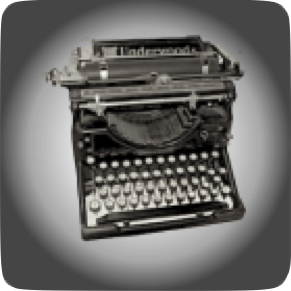 Science fiction writer Robert Heinlein came up with this list in 1947 to describe what he saw as the rules governing speculative fiction. But it applies just as much to non-fiction and business writing today.
Science fiction writer Robert Heinlein came up with this list in 1947 to describe what he saw as the rules governing speculative fiction. But it applies just as much to non-fiction and business writing today.
Don’t be fooled by the brevity of the list. It’s hard to adhere to all five rules.
Rule One: You Must Write
Rule Two: Finish What Your Start
Rule Three: You Must Refrain From Rewriting, Except to Editorial Order
Rule Four: You Must Put Your Story on the Market
Rule Five: You Must Keep it on the Market until it has Sold
Rule #1 is self-explanatory. On its own, Rule #2 explains why there are so many aspiring authors and so few successful ones.
Getting Rule #3 right is about knowing the difference between fixing your mistakes and overcooking your ideas. And adhering to Rules #4 & 5 is what distinguishes professionals from hobbyists.
 You need to obtain a separate ISBN for a book that has multiple editions in which the content of that book has changed in some measurable way. On the other hand, when it comes to ebook publishing, you can use the same ISBN on a single work that is being formatted in both epub and mobi formats when making your work available on Kobo, iBookstore and Amazon.
You need to obtain a separate ISBN for a book that has multiple editions in which the content of that book has changed in some measurable way. On the other hand, when it comes to ebook publishing, you can use the same ISBN on a single work that is being formatted in both epub and mobi formats when making your work available on Kobo, iBookstore and Amazon.

